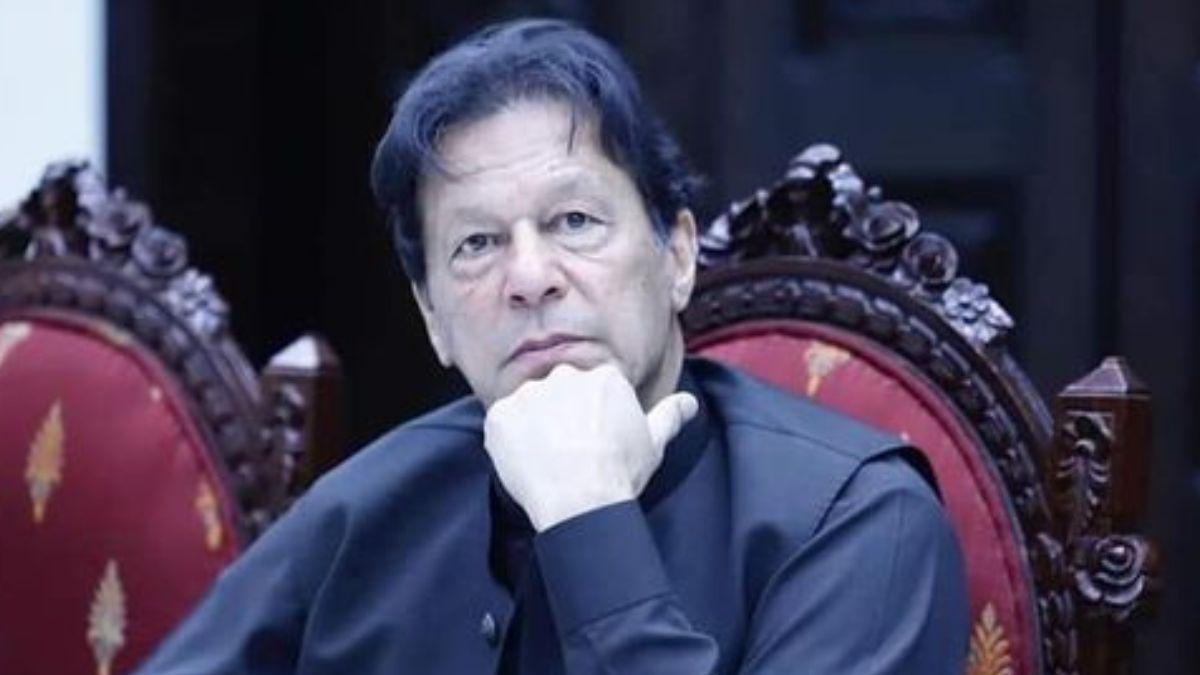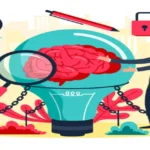In August of 2018, Imran Khan, a former cricket star who is also a philanthropist, was elected as the Prime Minister of Pakistan. His rise to power was a lengthy and difficult process that started with his retirement from cricket in the late 1980s. This was the beginning of his journey. Over the course of his career, he has garnered a reputation for himself as a social worker, a political activist, and an outspoken opponent of the corrupt political class in Pakistan. In this essay, we will investigate Imran Khan’s rise to power and the obstacles he faces as the leader of one of the most complicated and diverse countries in the world, Pakistan.
Early Life and Cricket Career
On October 5, 1952, Imran Khan was born in the city of Lahore, which is located in Pakistan. He was born into a powerful and well-off family; in fact, his grandfather held the position of Chief Justice of India before the country was divided. The perspective that Imran Khan has on the world was significantly influenced by his mother. She was a social worker and philanthropist, and she would frequently bring young Imran along with her when she went to aid those who were less fortunate.
Imran Khan began his career as a cricket player in the early 1970s, and he rose to prominence as one of the best all-rounders in the world quite rapidly after that. It was in 1992 that he led Pakistan to victory in the Cricket World Cup, which cemented his position as a national hero as well as a cricket great.
Political Activism and Philanthropy
In the 1990s, Imran Khan established the Pakistan Tehreek-e-Insaf (PTI) party, which marked the beginning of his career in politics. The fundamental objective of the party was to rid Pakistani politics of corrupt practices and usher in a new era of openness and responsibility for political decisions. The Pakistan Tehreek-e-Insaf (PTI), on the other hand, had a difficult time gaining traction in its early years, and Imran Khan remained on the periphery of Pakistani politics.
During this period, Imran Khan put his attention toward his charitable activities and established the Shaukat Khanum Memorial Cancer Hospital and Research Centre in Lahore in honor of his mother. The hospital has become a symbol of Imran Khan’s devotion to social welfare because it offers free treatment for cancer to thousands of patients each year.
Rise to Power
In the 2010s, Imran Khan saw a change in his fortunes as he became known as a popular anti-corruption crusader and charismatic public speaker. He took advantage of the public’s dissatisfaction with Pakistan’s political elite, which for decades had been dogged by scandals including allegations of corruption.
The Pakistan Tehreek-e-Insaf (PTI) became the third-largest party in Pakistan after the general elections in 2013, when it won 35 seats in the National Assembly. In spite of this, Imran Khan chose not to create a coalition government and instead chose to participate in the opposition instead.
Imran Khan was sworn in as the Prime Minister of Pakistan on August 18, 2018, following his party’s victory in the general elections of 2018, which gave them a majority in the National Assembly. It was widely acknowledged that his win represented a turning point in Pakistani politics, signaling a break with the country’s long-established political establishment.
Challenges as Prime Minister
During his time as Prime Minister, Imran Khan has faced a number of obstacles, both from within Pakistan and from outside the country. The weak economy of Pakistan has been a major source of concern, particularly in light of the rising rates of inflation and unemployment. Due to persistent territorial disputes and cross-border violence, the country’s relationship with its neighbors, particularly India and Afghanistan, has also become strained. India and Afghanistan are two of the countries that border Pakistan.
Imran Khan’s management of the COVID-19 pandemic has also come under investigation, with critics accusing him of mishandling the situation and failing to implement effective steps to stop the spread of the virus. These allegations have been brought up in the context of the ongoing debate.
Moreover
Imran Khan continues to enjoy widespread support as a political figure in Pakistan, particularly among the country’s younger demographic. His administration has started a number of programs with the intention of bettering social welfare, such as a plan to provide healthcare to all citizens and a housing effort for families with low incomes. In addition to this, he has taken measures to strengthen the infrastructure of the country, such as making plans to construct new motorways, airports, and power plants.
Imran Khan has also taken a firm position on environmental concerns and has initiated a significant tree-planting effort with the goal of reducing deforestation and addressing climate change. The program, which will be known as the Billion Tree Tsunami project, will work toward the goal of planting one billion trees across the nation by the year 2023.
One of the most critical difficulties that the government of Imran Khan must face is the continuous fighting in Afghanistan and the effect that it has on the security situation in Pakistan. Concerns have been raised regarding the possibility of a spillover of violence into Pakistan as a result of the return of the Taliban in Afghanistan. Pakistan has been coping with an increase in the number of terrorist strikes in recent years.
Conclusion
The ascent of Imran Khan to power in Pakistan has been a fascinating journey, one that has been characterized by a dedication to social welfare and a determination to eliminating corruption in political institutions. However, his time in office as Prime Minister has been marked by a number of difficulties, the most significant of which include a faltering economy, tense relations on the international stage, and an ongoing COVID-19 epidemic.
In spite of the obstacles, Imran Khan is unwavering in his dedication to realizing his vision of a Pakistan that is free of corruption and boasts a robust economy and robust democracy. His position on matters of regional security, as well as the efforts of his government to address social welfare and environmental challenges, have gained him recognition not only within his own country but also abroad. The subsequent years will be decisive in determining whether or not his government will be successful and what the future holds for Pakistan.











